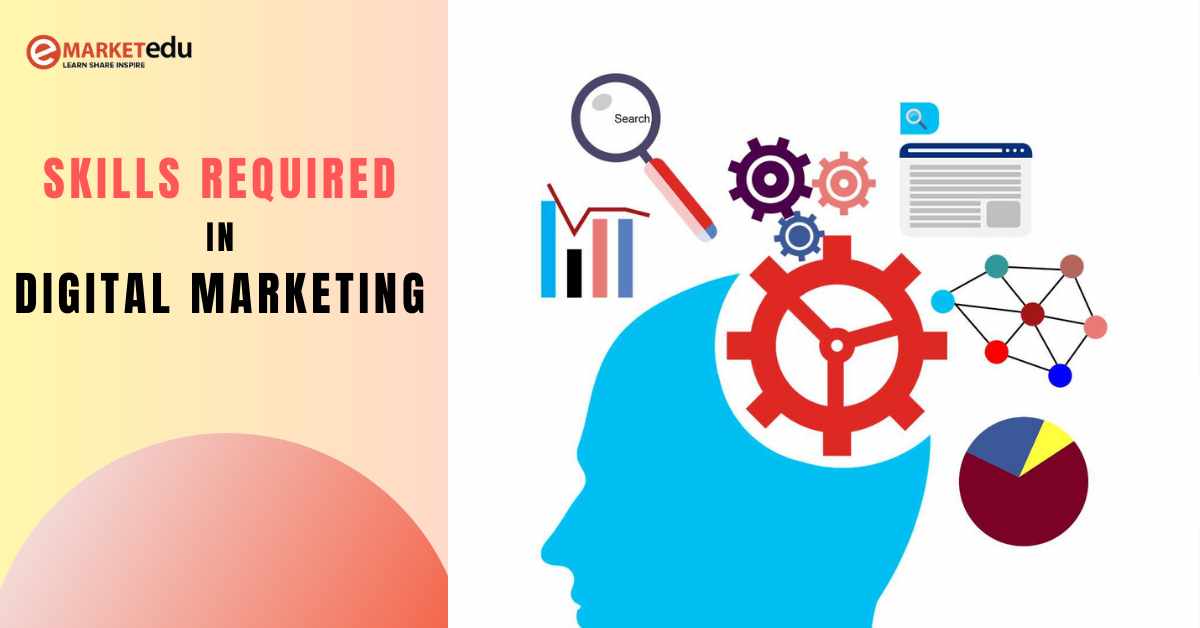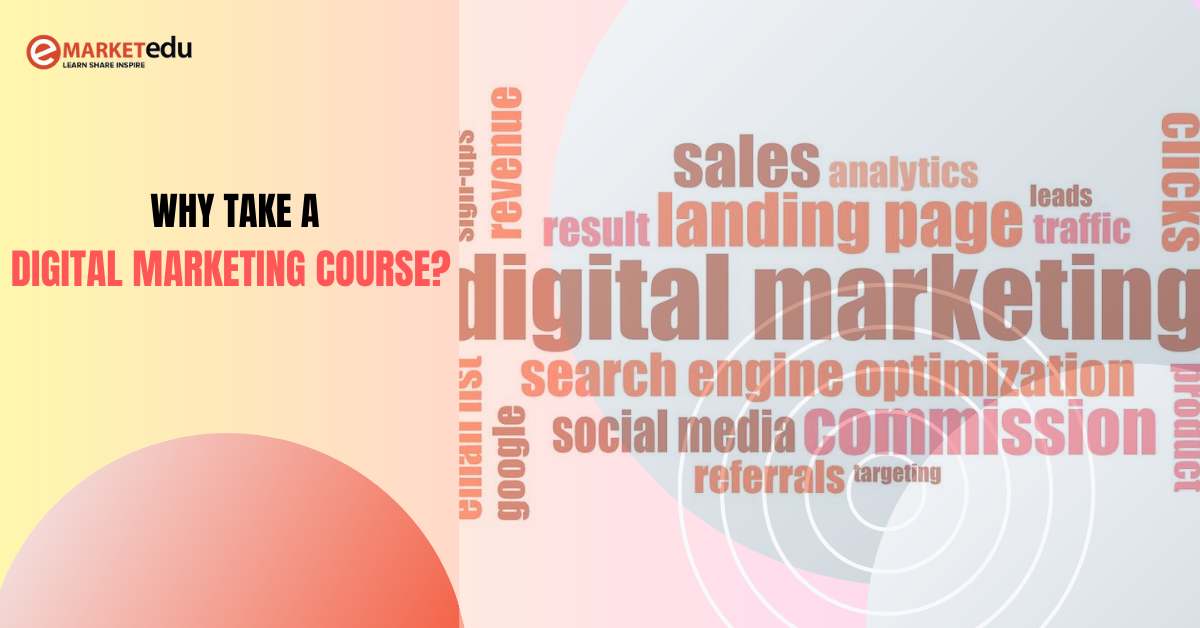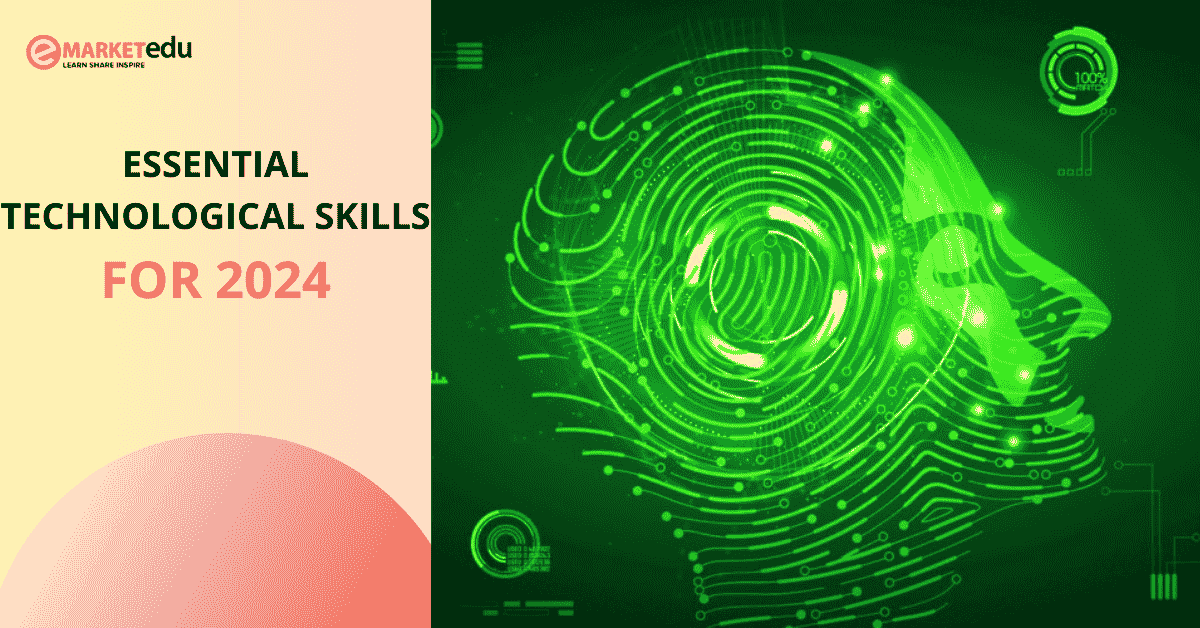
Key Skills of a Digital
- 06. Dec, 2024

The Importance of Digital Marketing
- 30. Nov, 2024

Google Search Operators – Your
- 28. Nov, 2024

“The future belongs to those who learn more skills and combine them in creative ways.” – Robert Greene
In today’s rapidly evolving digital landscape, staying updated with the latest technologies is not just an advantage; it’s a necessity. The digital revolution has dramatically transformed the way we live, work, and interact. Every industry, from healthcare to finance, from education to entertainment, is undergoing profound changes driven by technological advancements. In this context, adapting to new skills is crucial for professionals who aim to remain relevant and competitive in their fields.
The pace of technological change is accelerating, with innovations such as artificial intelligence, blockchain, and the Internet of Things reshaping market dynamics. As new tools and methodologies emerge, the demand for skills related to these technologies increases, creating both opportunities and challenges for the workforce. For instance, the rise of data science has led to a surge in demand for data analysts and machine learning experts. Similarly, the growth of cybersecurity threats has heightened the need for skilled cybersecurity professionals.
Adapting to new skills is also vital for personal growth and career advancement. In a world where job roles are constantly evolving, being adaptable and continuously learning can open up new career paths and opportunities. Moreover, it can lead to increased job satisfaction and a sense of accomplishment as professionals are able to take on more complex and rewarding tasks.
According to recent reports and data from Indian government sources, such as the Ministry of Skill Development and Entrepreneurship and NITI Aayog, there is significant emphasis on technological skills across various sectors. The National Skill Development Corporation (NSDC) has identified several key areas for upskilling, including AI, Data Analytics, Cybersecurity, and Digital Marketing.
The Indian government has launched various initiatives to boost digital literacy and skill development. For instance, the Digital India Programme aims to transform India into a digitally empowered society and knowledge economy. As part of this initiative, numerous training and educational programs are being offered to enhance the technological skills of the workforce.
The government’s push towards a digital economy is also reflected in its budget allocations and policy frameworks. For example, the Skill India initiative is designed to create a skilled workforce through vocational training and skill development programs. These efforts are aimed at bridging the skill gap and preparing the workforce for the future.
Embracing the latest technological skills offers numerous benefits and opportunities, including:
While adapting to the latest technological skills offers numerous benefits, it also presents several challenges:
Conclusion
In today’s fast-paced digital world, ensuring your skills are up-to-date with the latest technologies is crucial for both personal and professional growth. By staying informed about technological trends, investing in continuous learning, and embracing new skills, you can remain competitive and prepared for future challenges. Despite the challenges, the benefits and opportunities that come with adapting to new technologies far outweigh the difficulties. Embrace the journey of lifelong learning and stay ahead in the ever-evolving digital landscape.



